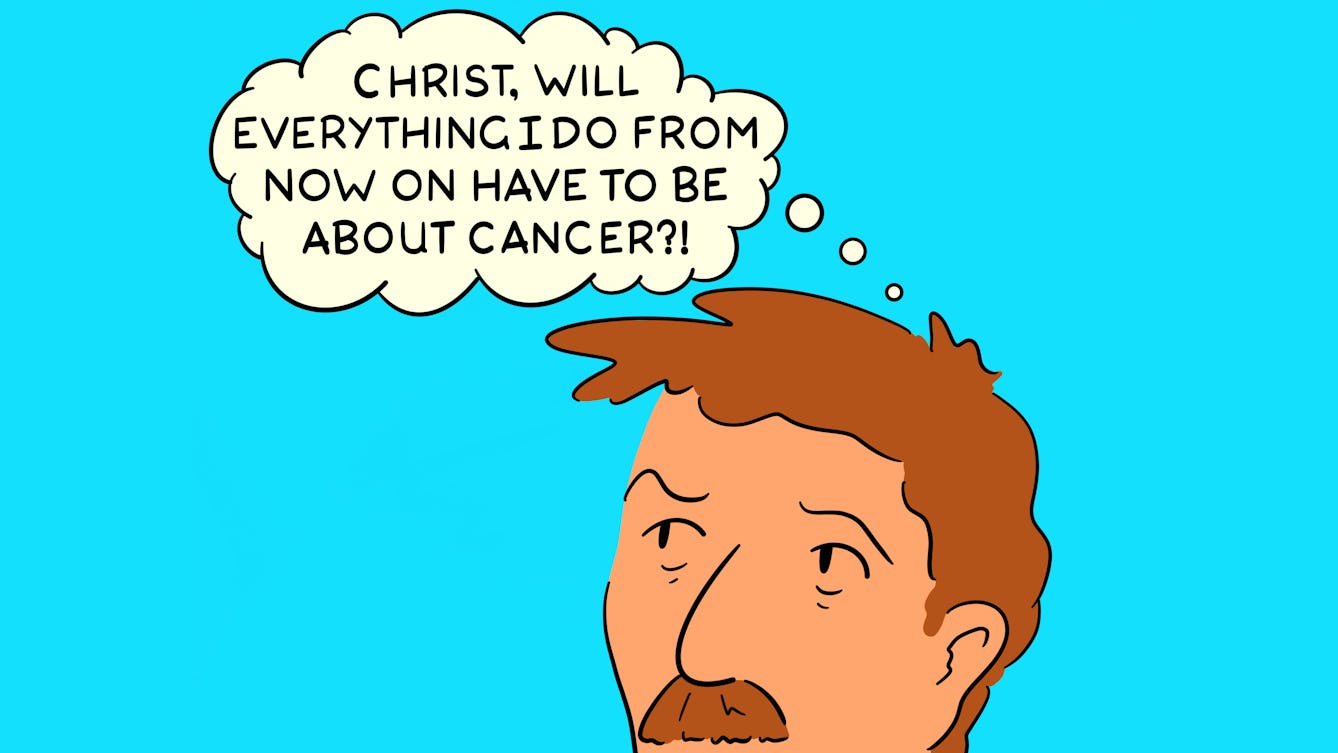
- Comic
- Comic
All About Cancer
Once you’ve had cancer, it’s easy to forget who you were before, but please remember: it does not define you, and *you’re* the one in charge of talking about it as much or as little as you like.
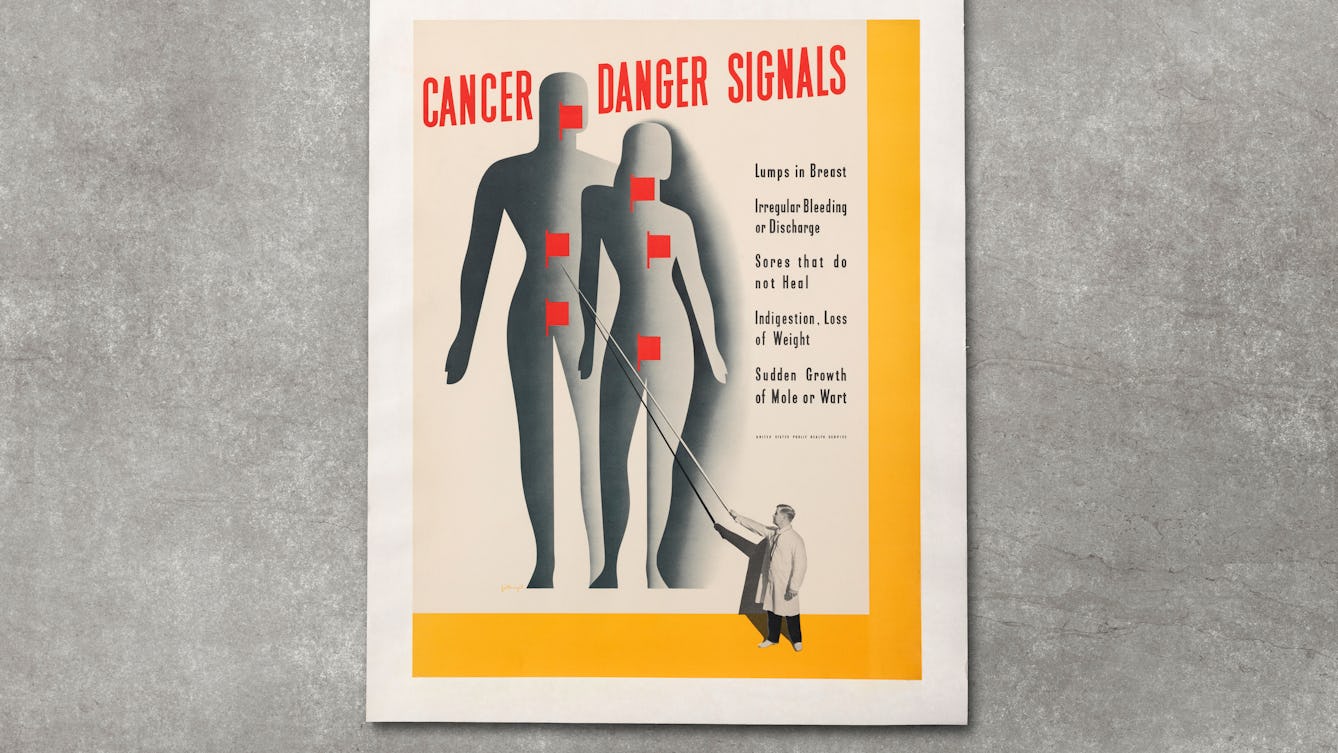
- In pictures
- In pictures
A visual history of cancer
Cancer has a reputation as a modern disease, but these historical images show that it’s been part of our lives for centuries.
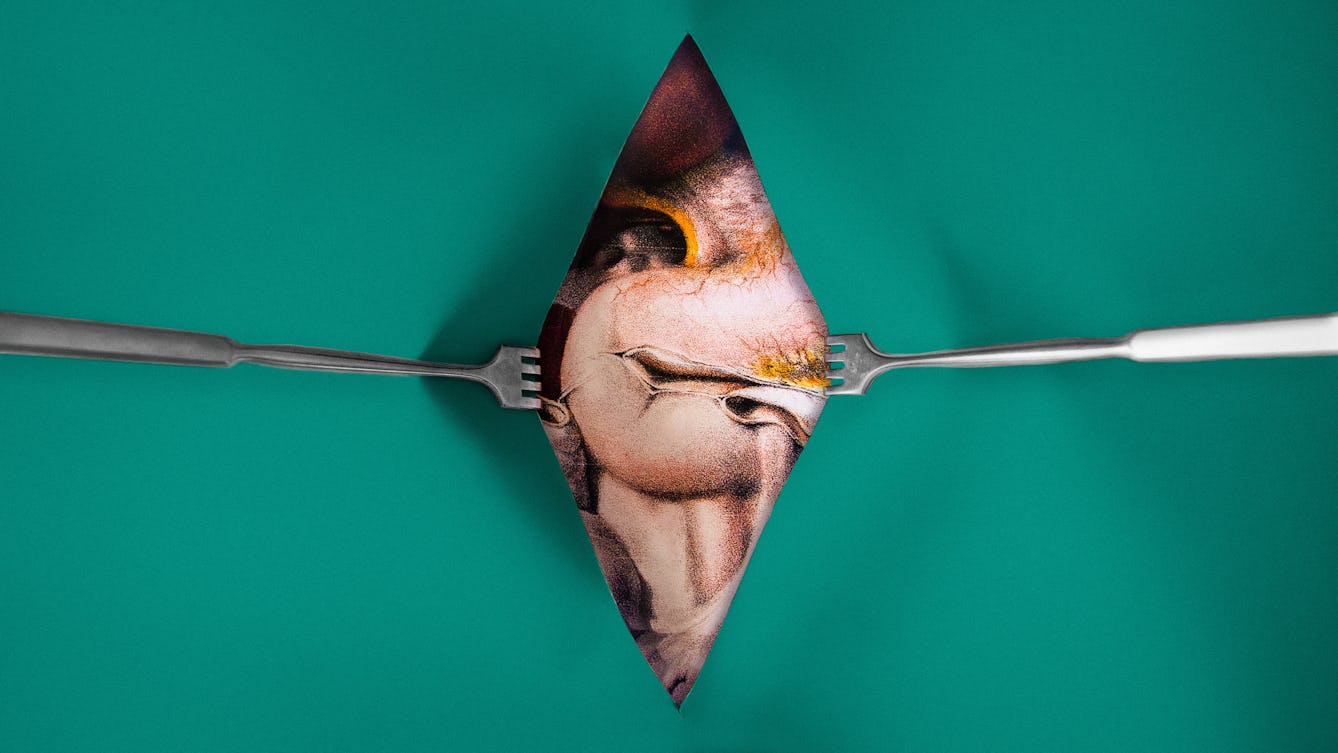
- Article
- Article
The case of the cancerous stomach
Steak and schnitzel were on the menu again after Theodor Billroth successfully excised a woman’s stomach cancer in 1881. Remarkably, today’s surgeons still perform the same procedure, with slight modifications.
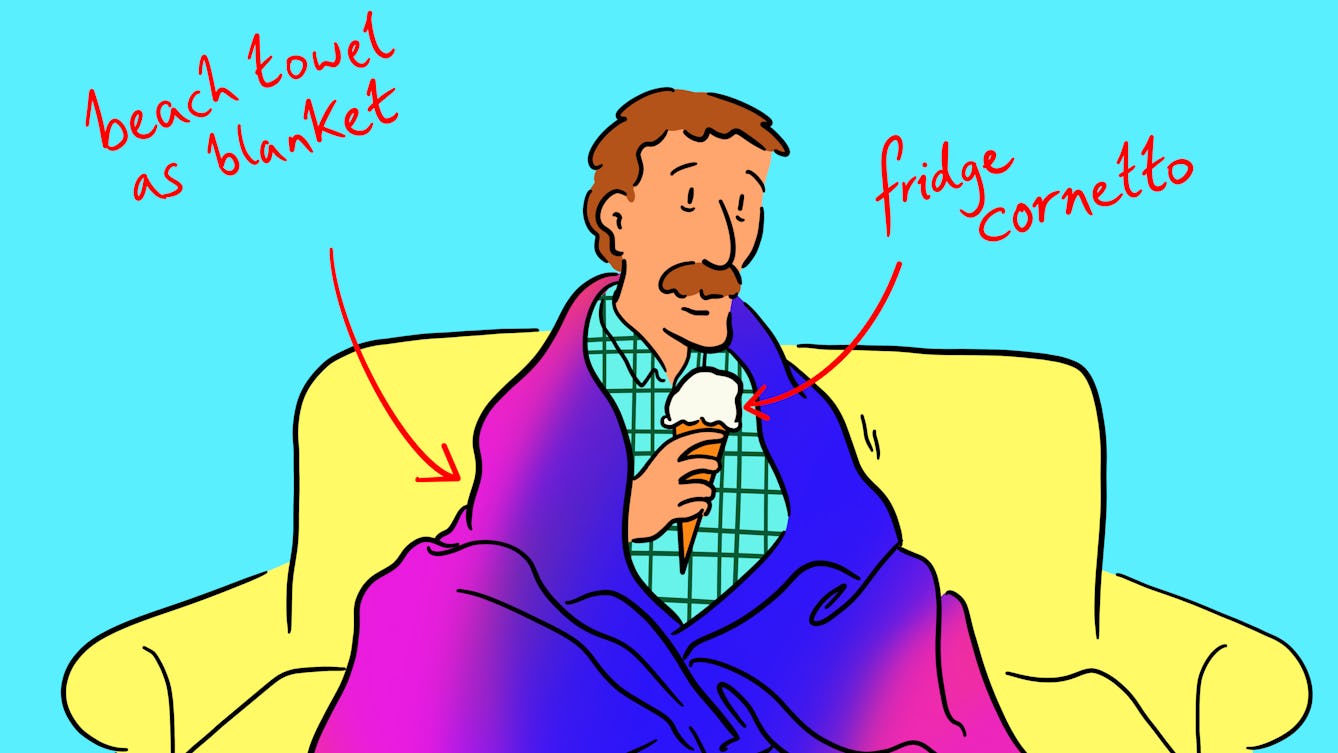
- Comic
- Comic
Holiday Plans
Many people were desperate to travel abroad once the lockdowns were over, yet there are still plenty who are still waiting for that opportunity.
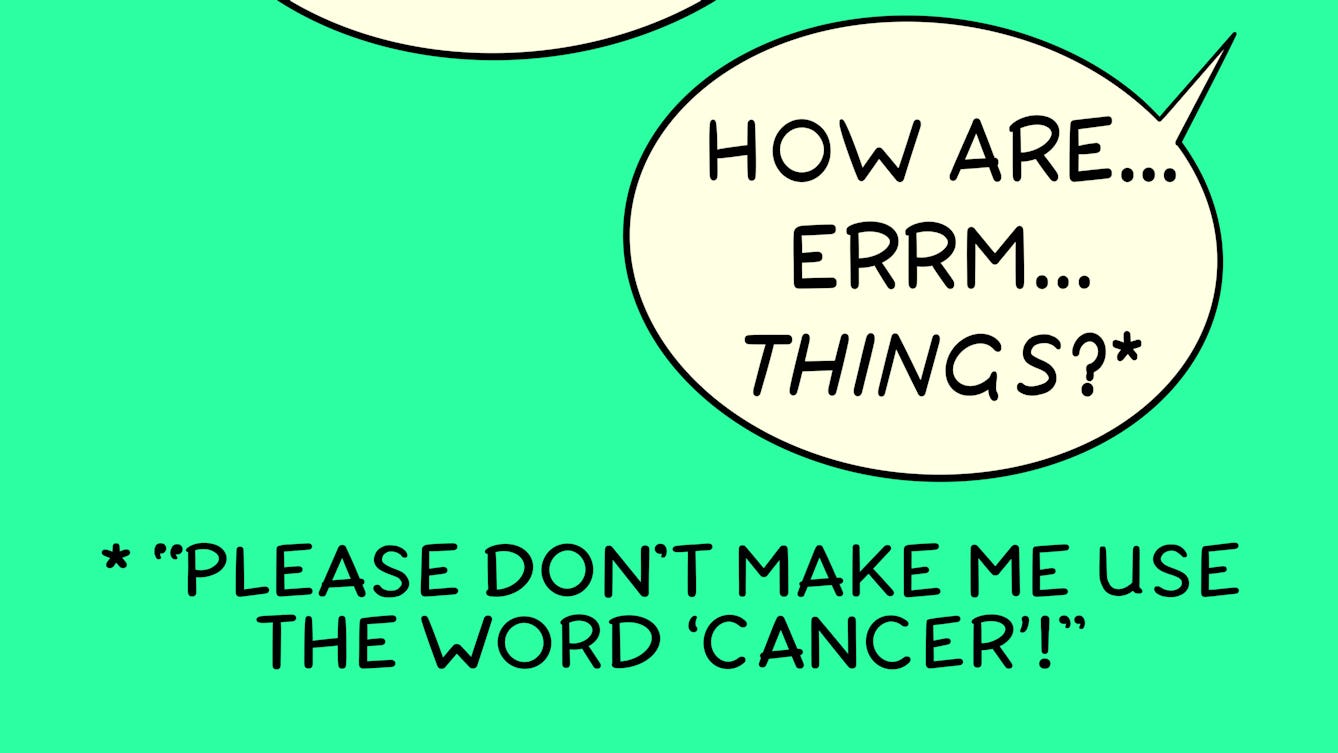
- Comic
- Comic
Translation
It can be OK to ask a direct question… sometimes skirting around the topic of cancer can make it the elephant in the room that hangs around awkwardly.
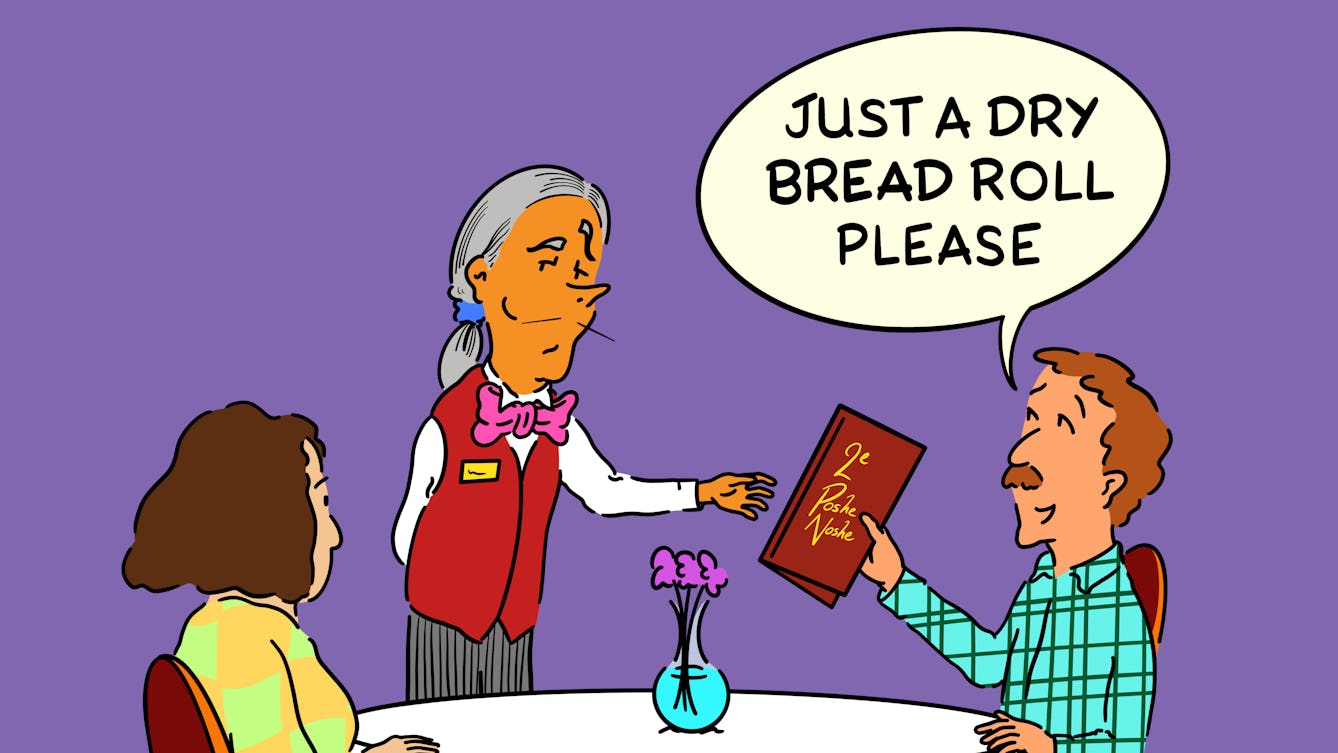
- Comic
- Comic
Everyone's a Critic
If the bowel doesn’t return to its usual habits after cancer treatment, navigating a social life becomes also about finding places to eat where you feel (literally) catered for.
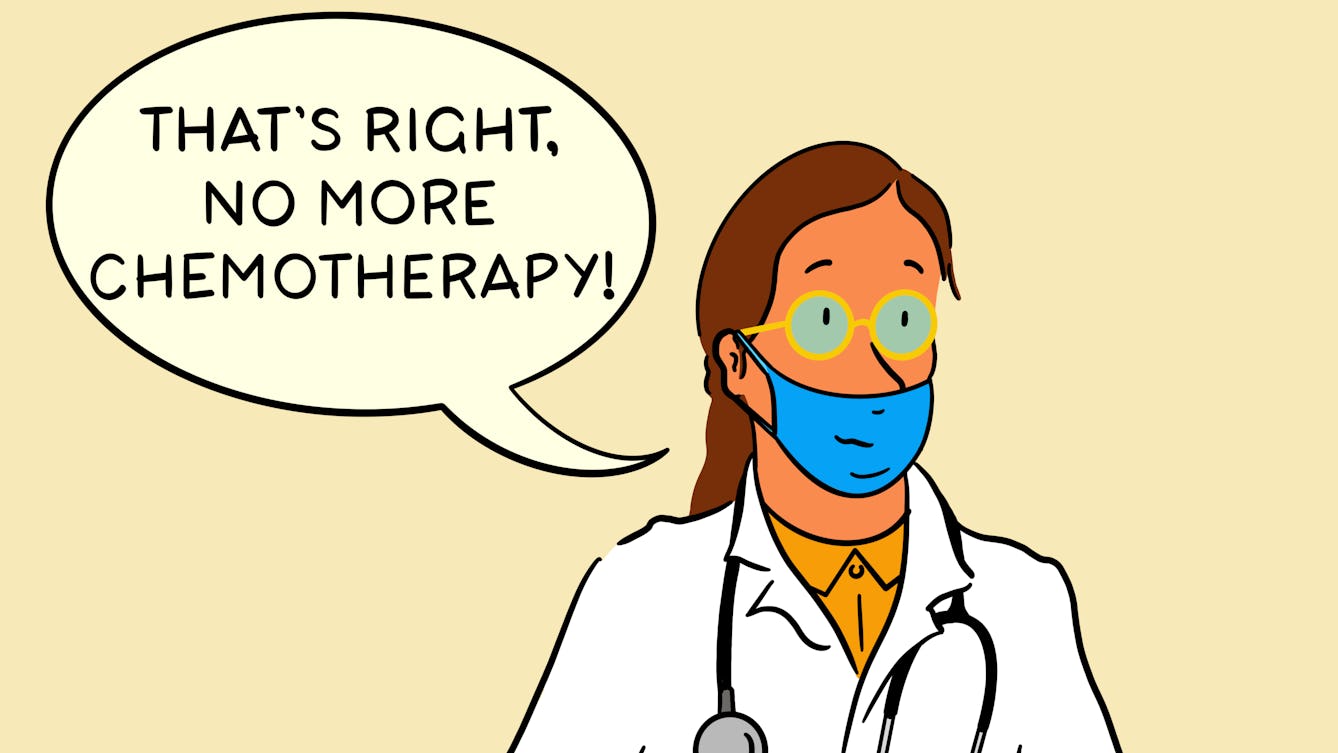
- Comic
- Comic
Still Human
It’s frustratingly easy to trick yourself into thinking you’re simply going to bounce back with 100 per cent health once your cancer treatment is over.
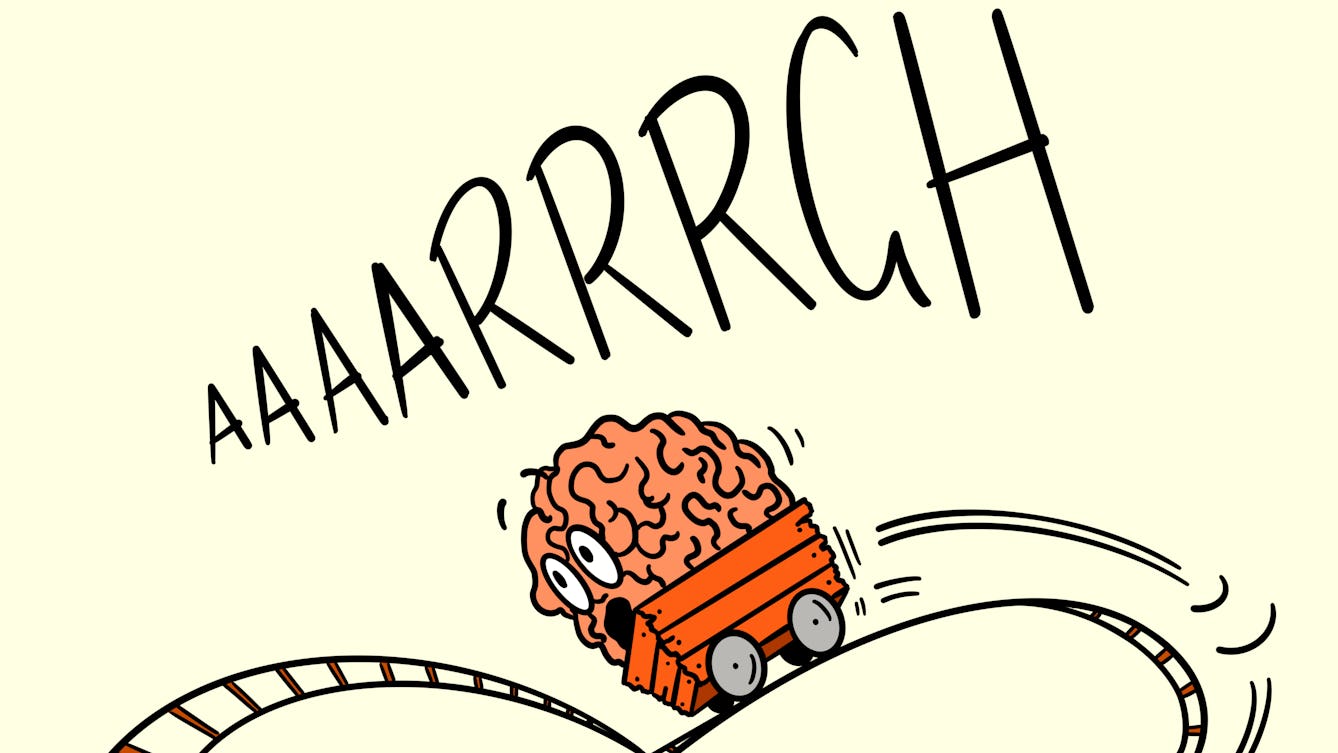
- Comic
- Comic
Pop Up
Being successfully treated for one type of cancer doesn’t always stop the brain from finding other cancers to worry about…
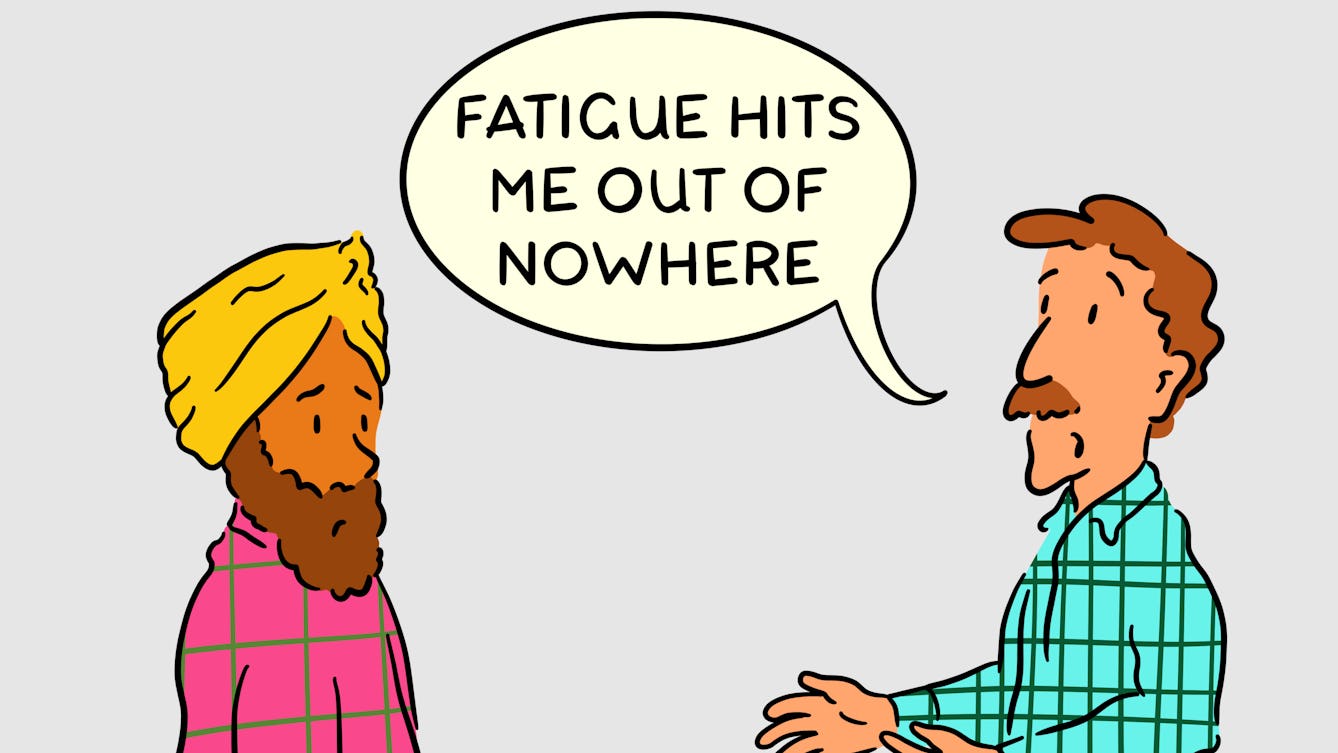
- Comic
- Comic
Direct Response
All people handle conversations around cancer differently. There’s no ‘right’ way to do it, but talking openly can be a big help.
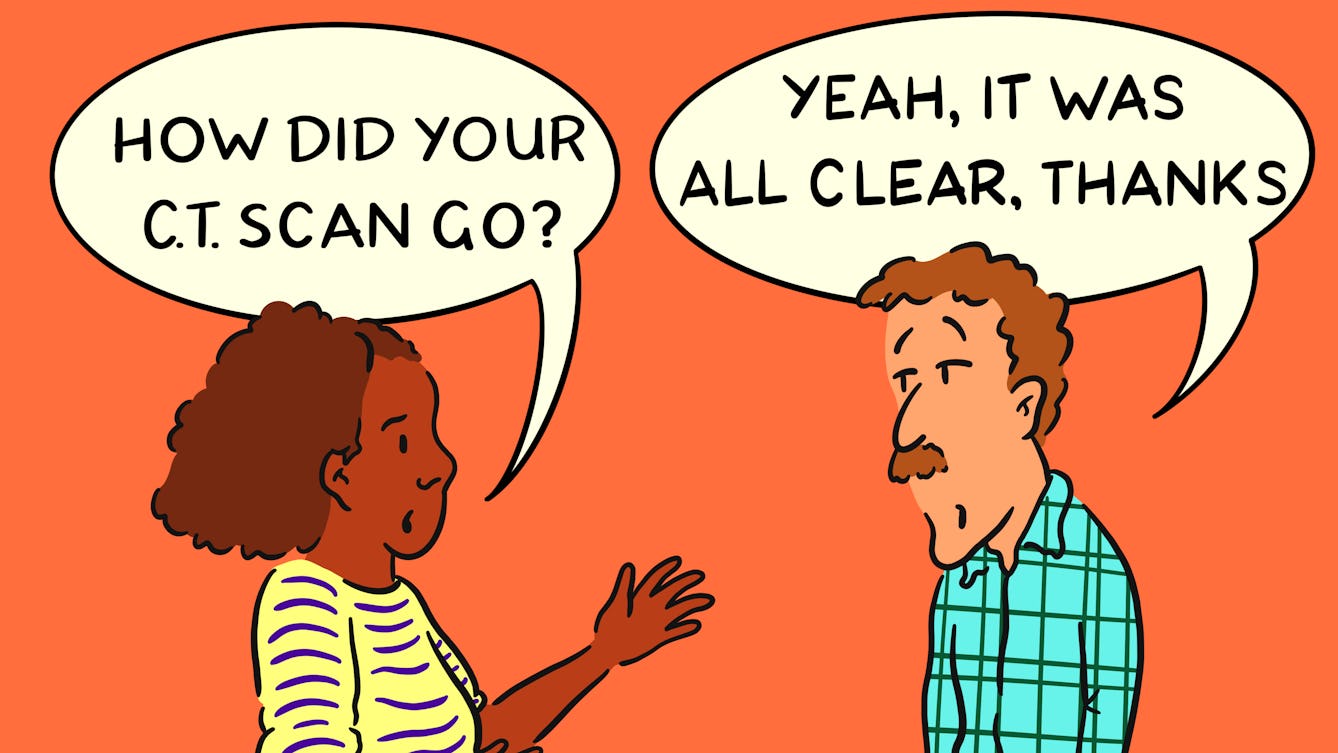
- Comic
- Comic
Scanxiety
‘Scanxiety’ is a well-known term in the cancer community for all the feelings associated with follow-up scans. These feelings can last for days or even weeks before *and* after the scan is over.

- Comic
- Comic
Adrenaline
Surviving cancer doesn’t always mean you have to live each second like it’s your last.
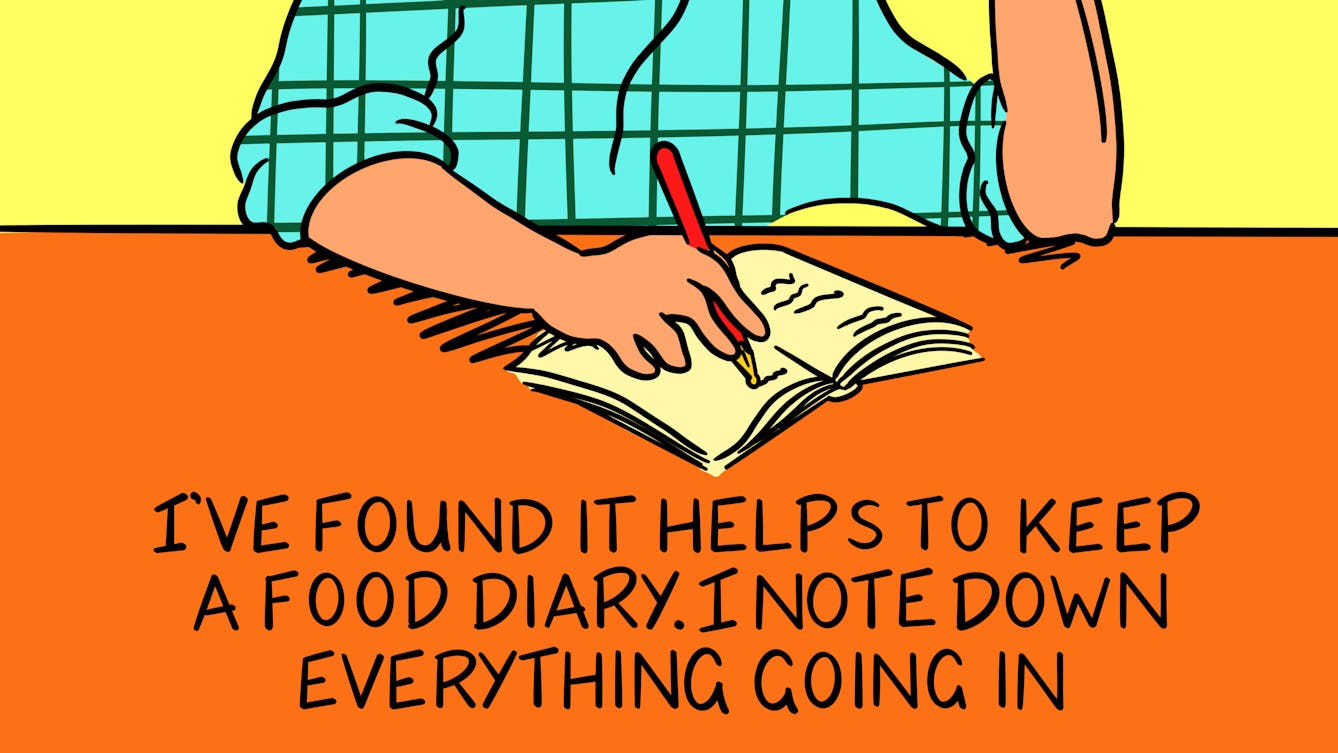
- Comic
- Comic
Bestseller
Writing can be a way of keeping fit too.
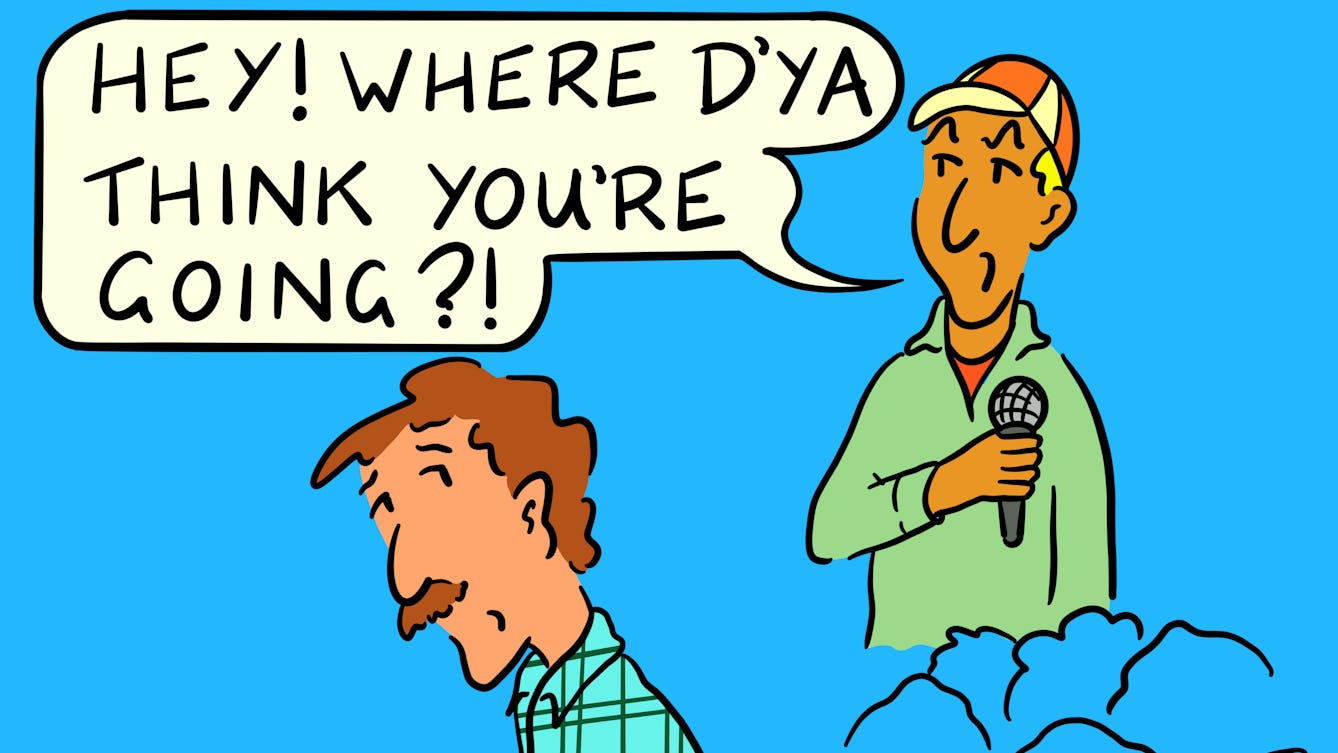
- Comic
- Comic
Standing Up
The collateral damage of cancer treatment extends to all activities, including a night of live entertainment.
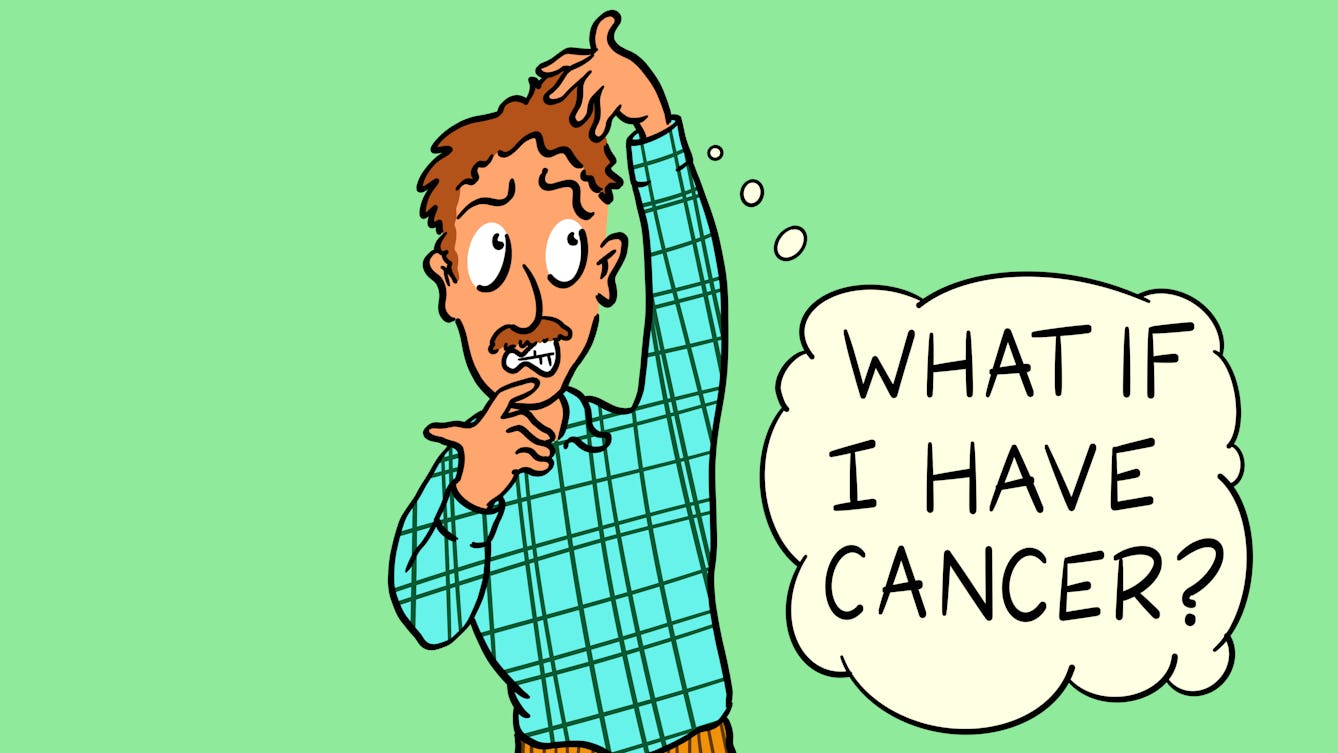
- Comic
- Comic
Paranoia Enjoyer
Even after successful treatment, the physical and mental effects of cancer can continue in many unforeseen ways.
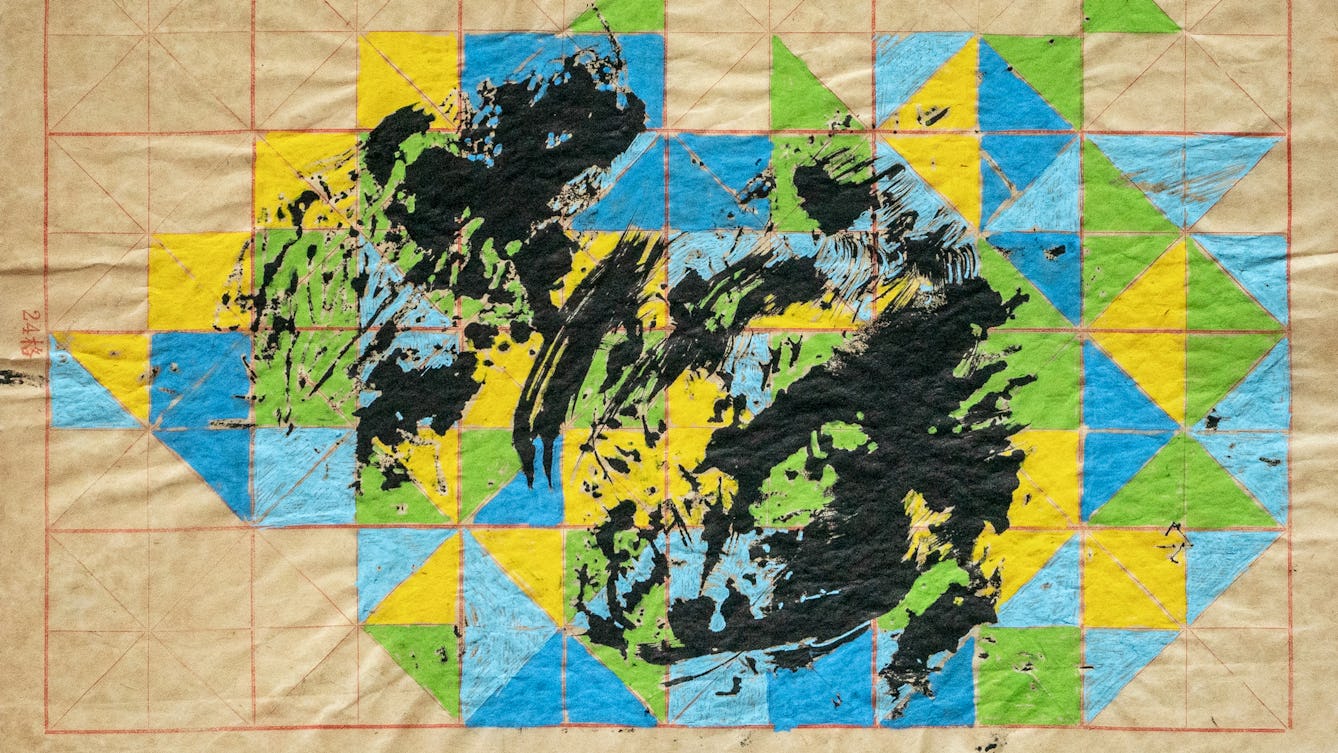
- Article
- Article
Chemotherapy-day drawings
Undergoing treatment for bowel cancer, artist Clare Smith produced around 70 abstract drawings while sitting in the chemotherapy chair. She reflects on how creativity can bring respite in a crisis.

- In pictures
- In pictures
Graphic Gallery: Yellow
Yellow is for cleanliness, but also for fever and illness.
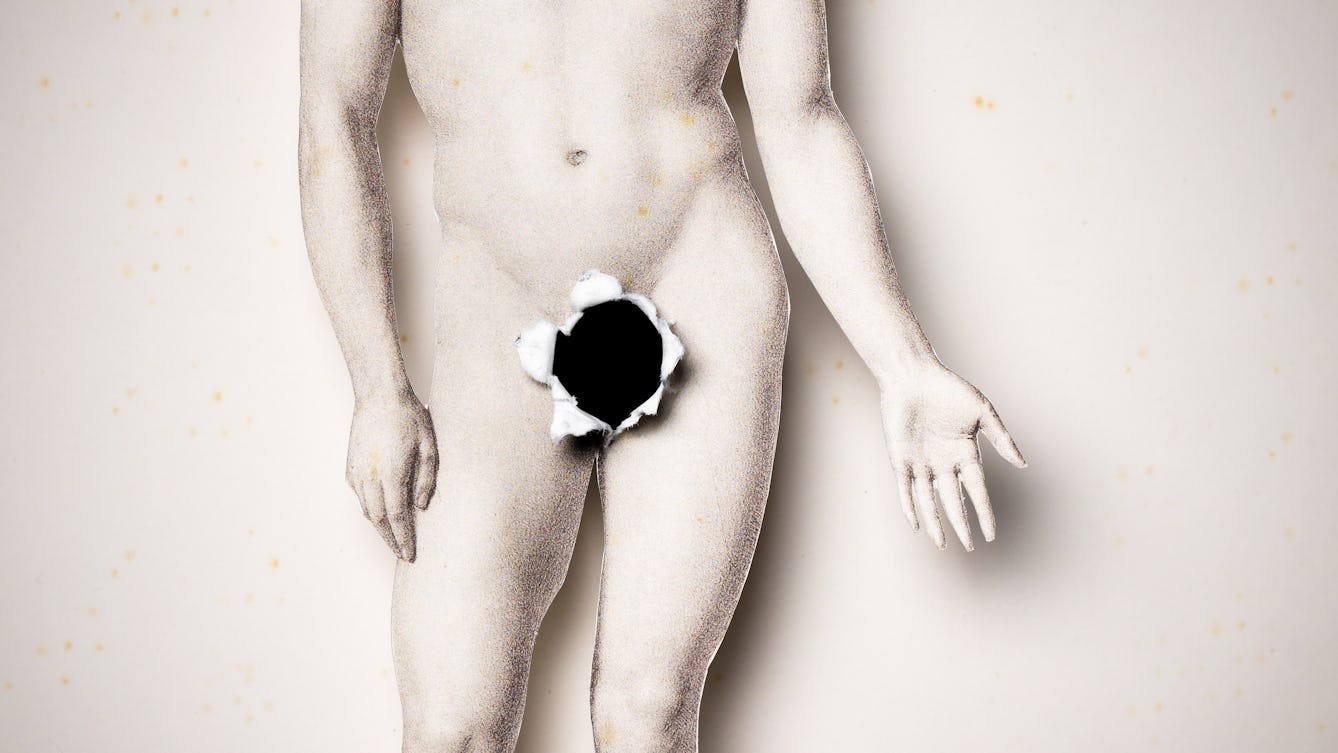
- Book extract
- Book extract
The castration effect
Discover how testosterone – or the lack of it – affects the male body, from eunuch slaves to castrato singers, and on to hormone reduction in modern prostate cancer treatment.

- Article
- Article
How your hairdresser could save your life
Barbers and hairdressers have a unique view of us – one that means they can spot potentially dangerous health problems. Find out how buzzcuts can lead to blood-pressure checks, and dip-dyes show the way to the dermatologist.

- Article
- Article
When ‘get well soon’ doesn’t cut it
When loved ones are seriously ill, we can hide behind dishonest platitudes or struggle to find the words. Meet the woman working to fix how we speak to sick people.
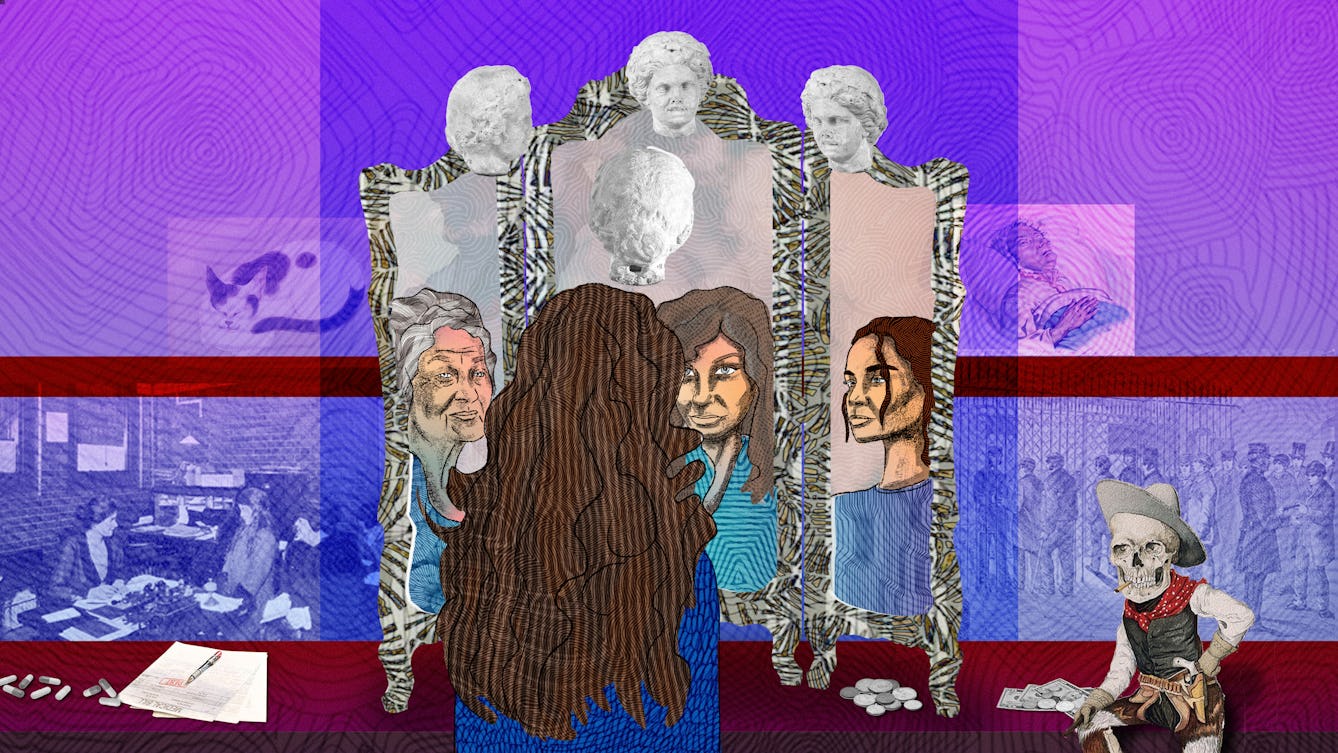
- Article
- Article
We who can’t believe
Unless she falls to the floor unconscious, Anne Boyer has always ignored signs of illness. Cancer, however, made her face her fallibility.

- Article
- Article
The sum of my parts
Testing positive for a rogue gene meant Jessica Furseth was more susceptible to cancer. After the years of anger and dissociation from her body that followed, she began to pick up the pieces.
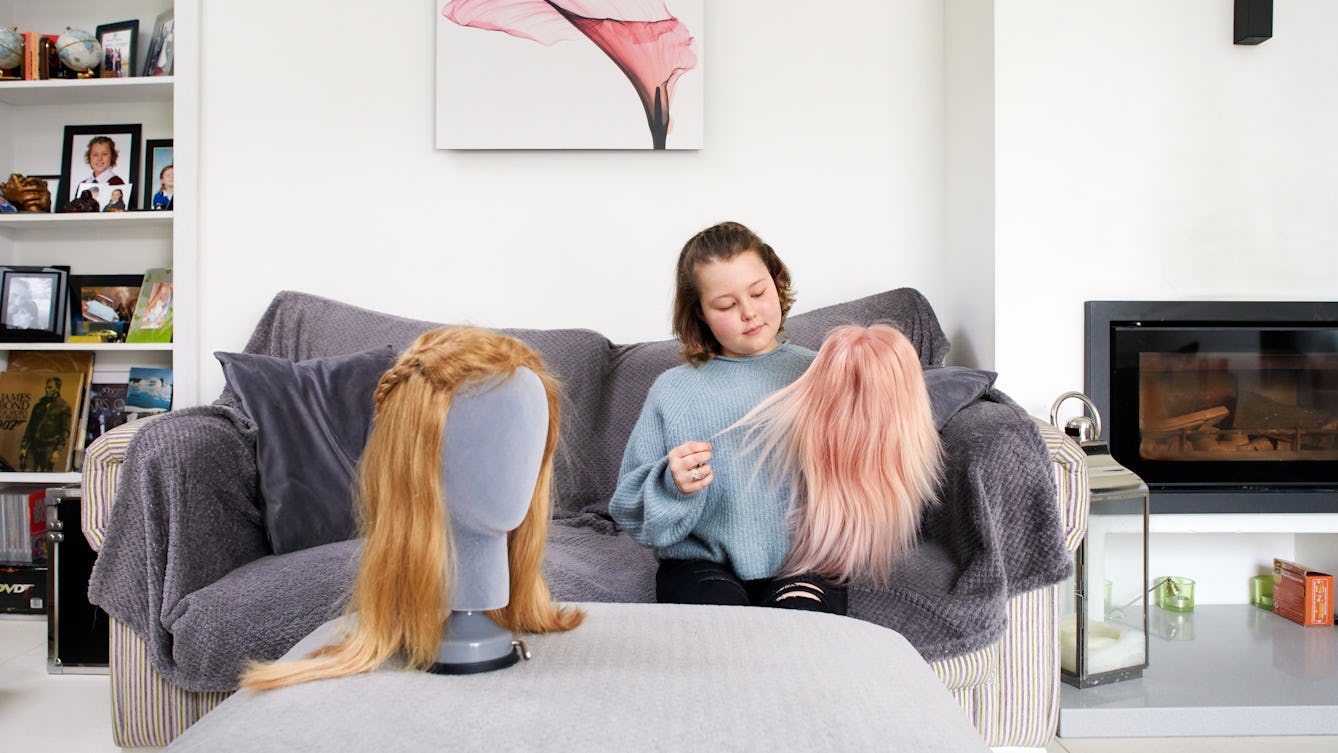
- Photo story
- Photo story
How wigs help children handle hair loss
For young people who lose their hair during cancer treatment, a wig can make them feel normal again. Carmel King photographs some of the processes and people involved with a charity providing beautiful human-hair wigs for kids.
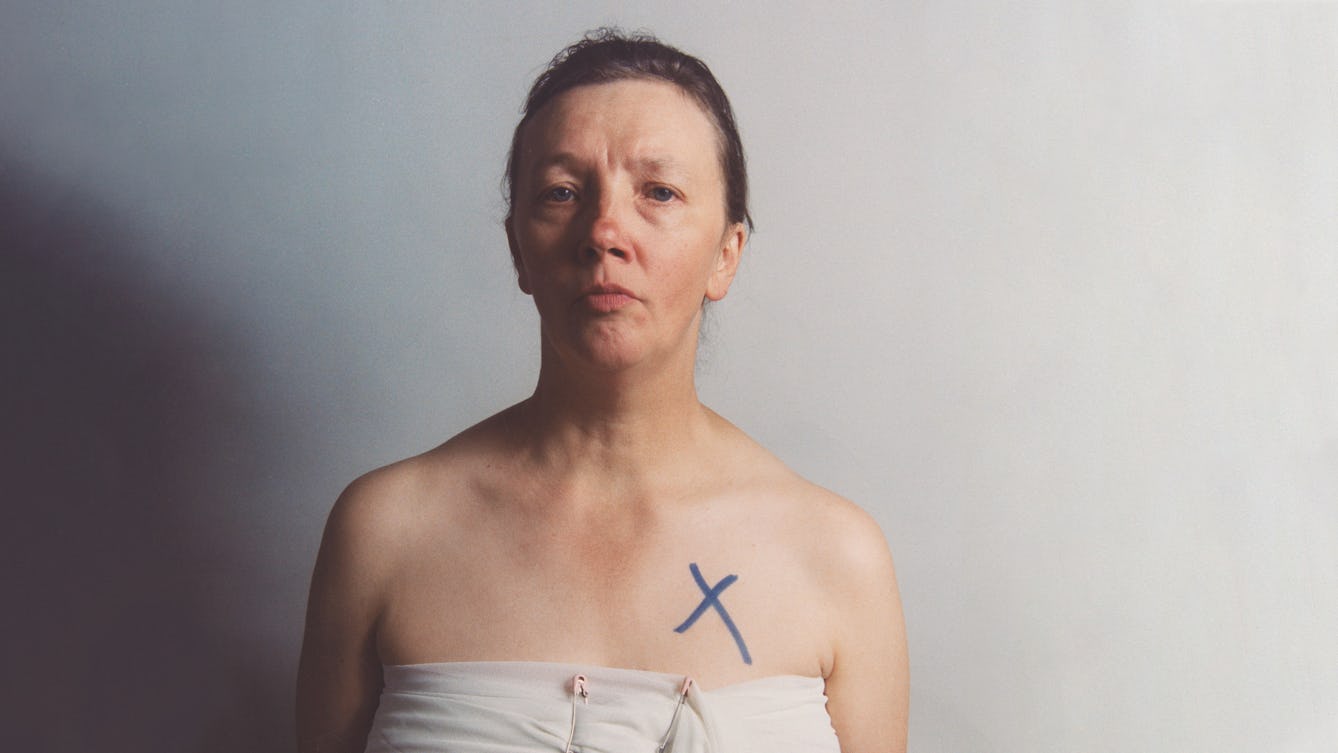
- Article
- Article
Pain, politics and the power of photography
Art historian Giulia Smith explains what she most admires in the work of Jo Spence and Oreet Ashery, and how their approach makes illness political.
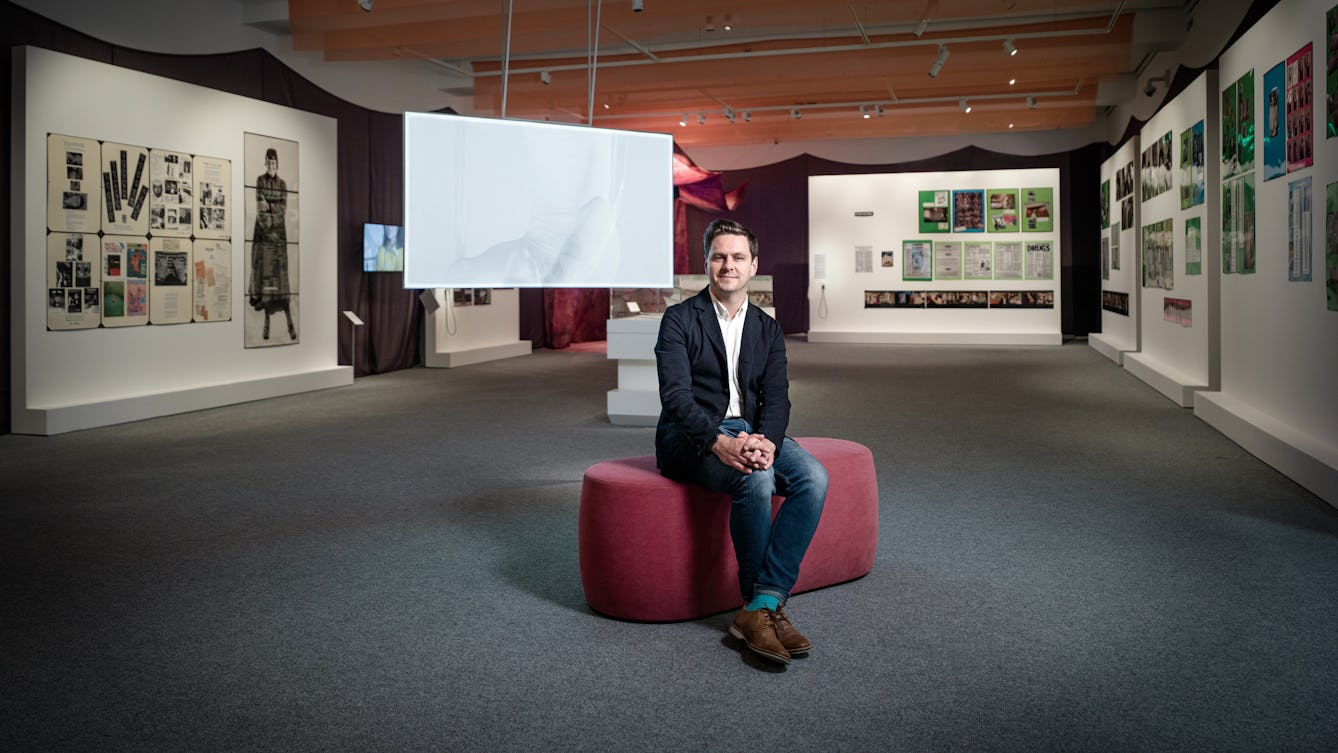
- Interview
- Interview
Inside the mind of George Vasey, co-curator of Misbehaving Bodies
Discover how curator George Vasey honoured the approaches of Jo Spence and Oreet Ashery, who mischievously subvert clichés around illness and death.

- Article
- Article
The building as tool of healing
When we’re ill, it’s not just medical care that helps to treat us. Architects have discovered that the right environment can play an important part too.